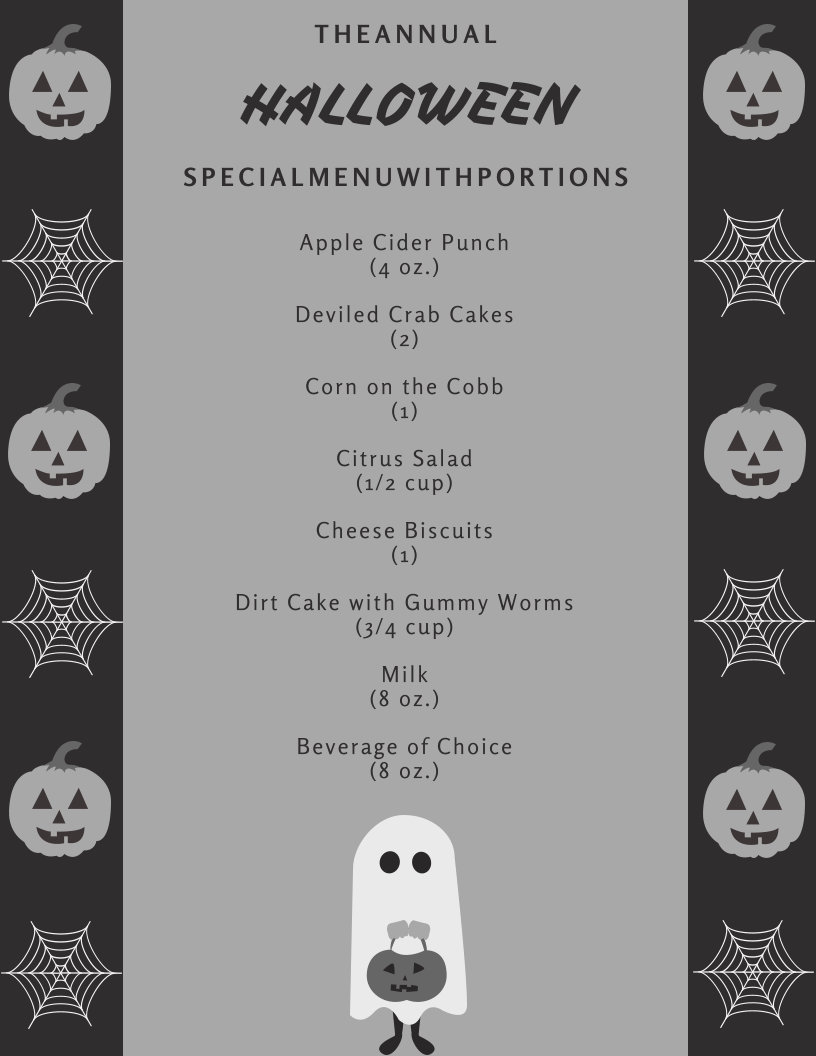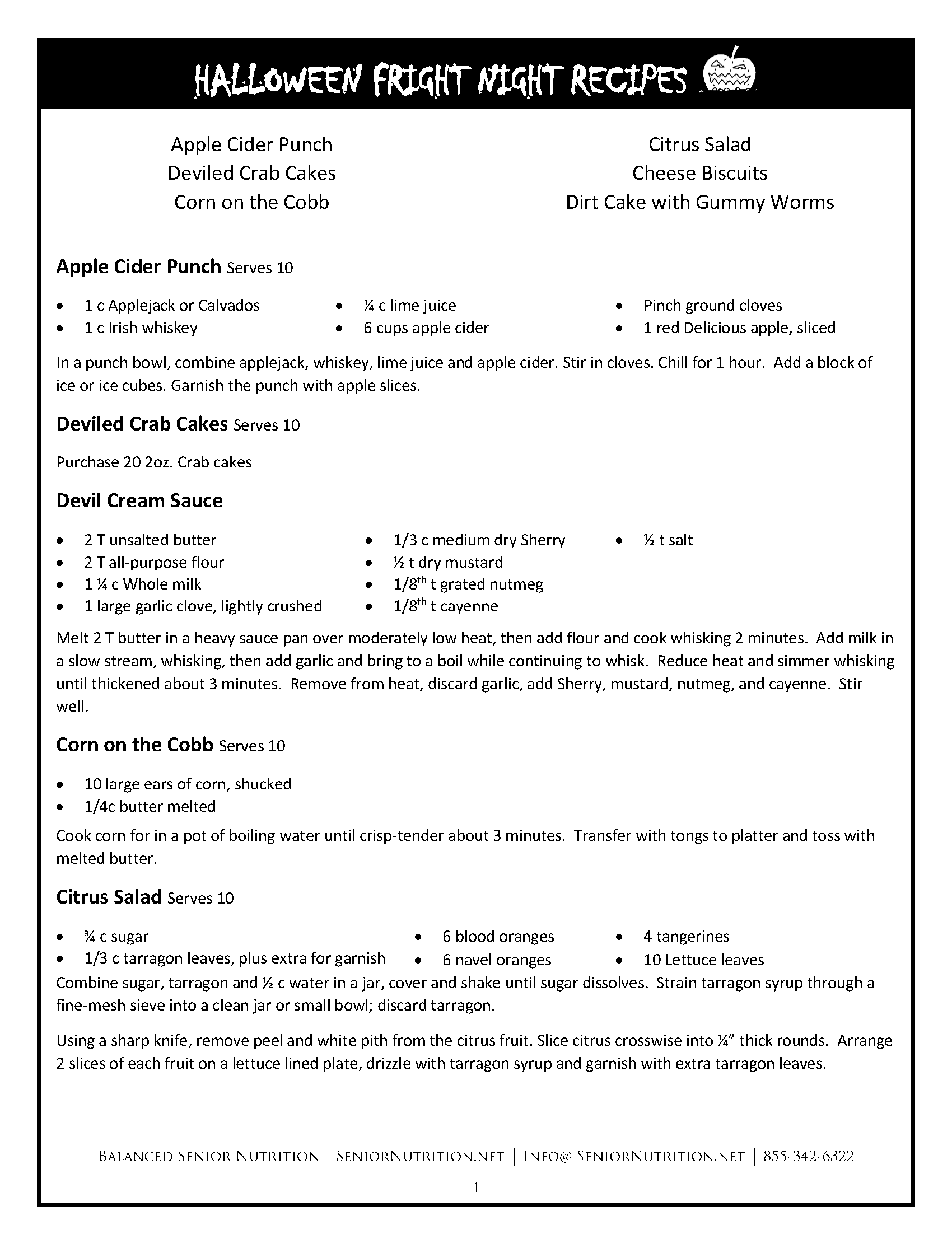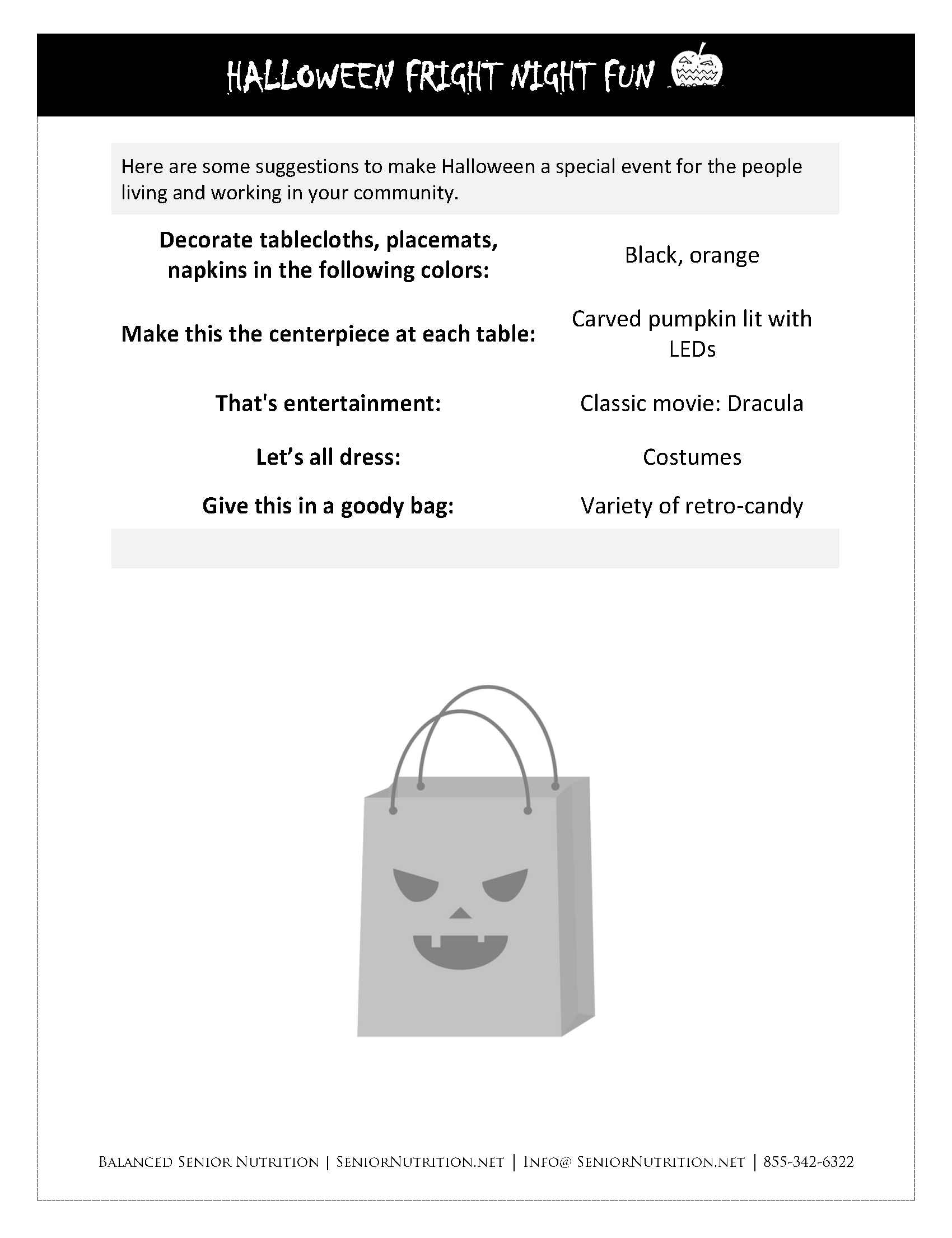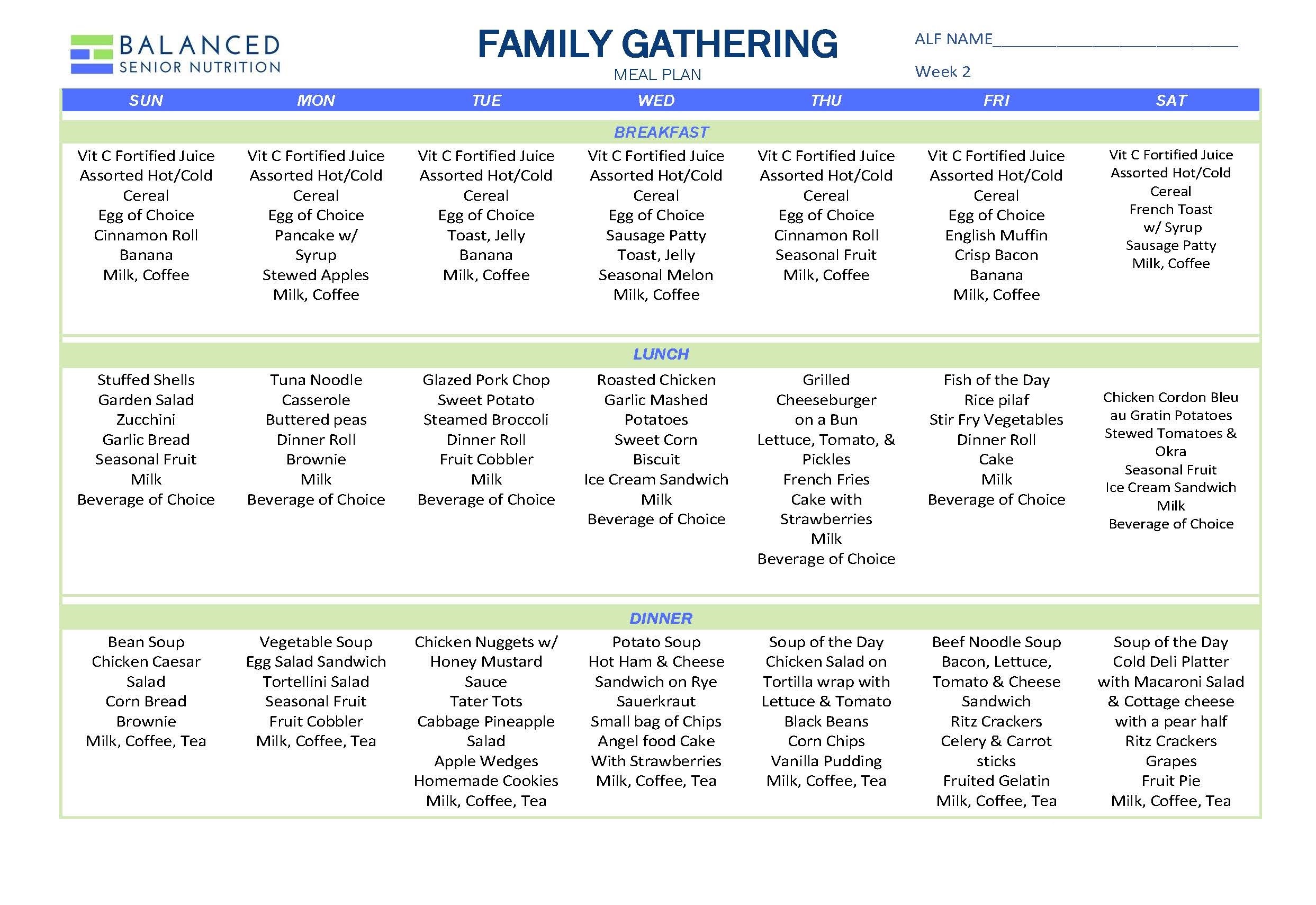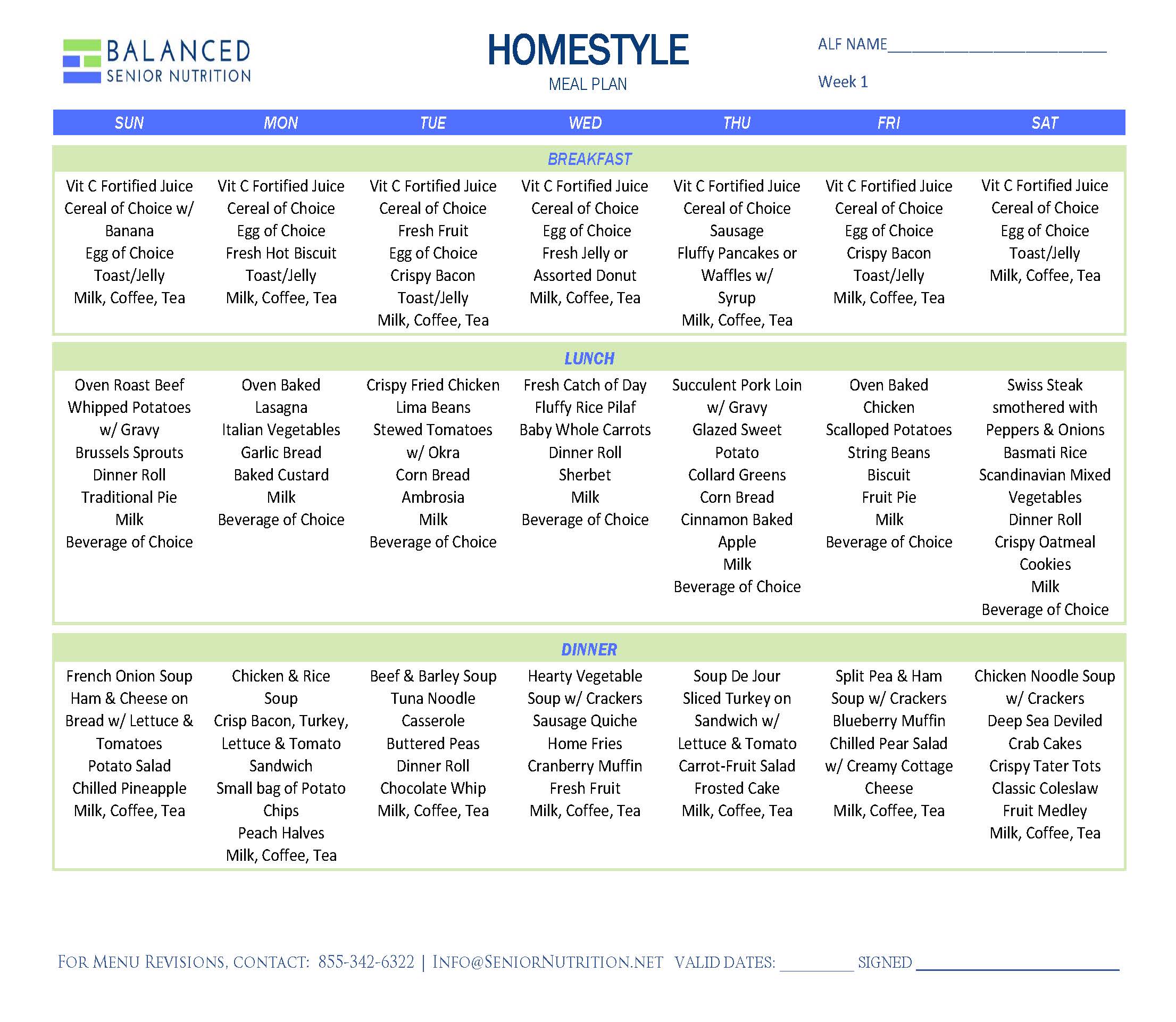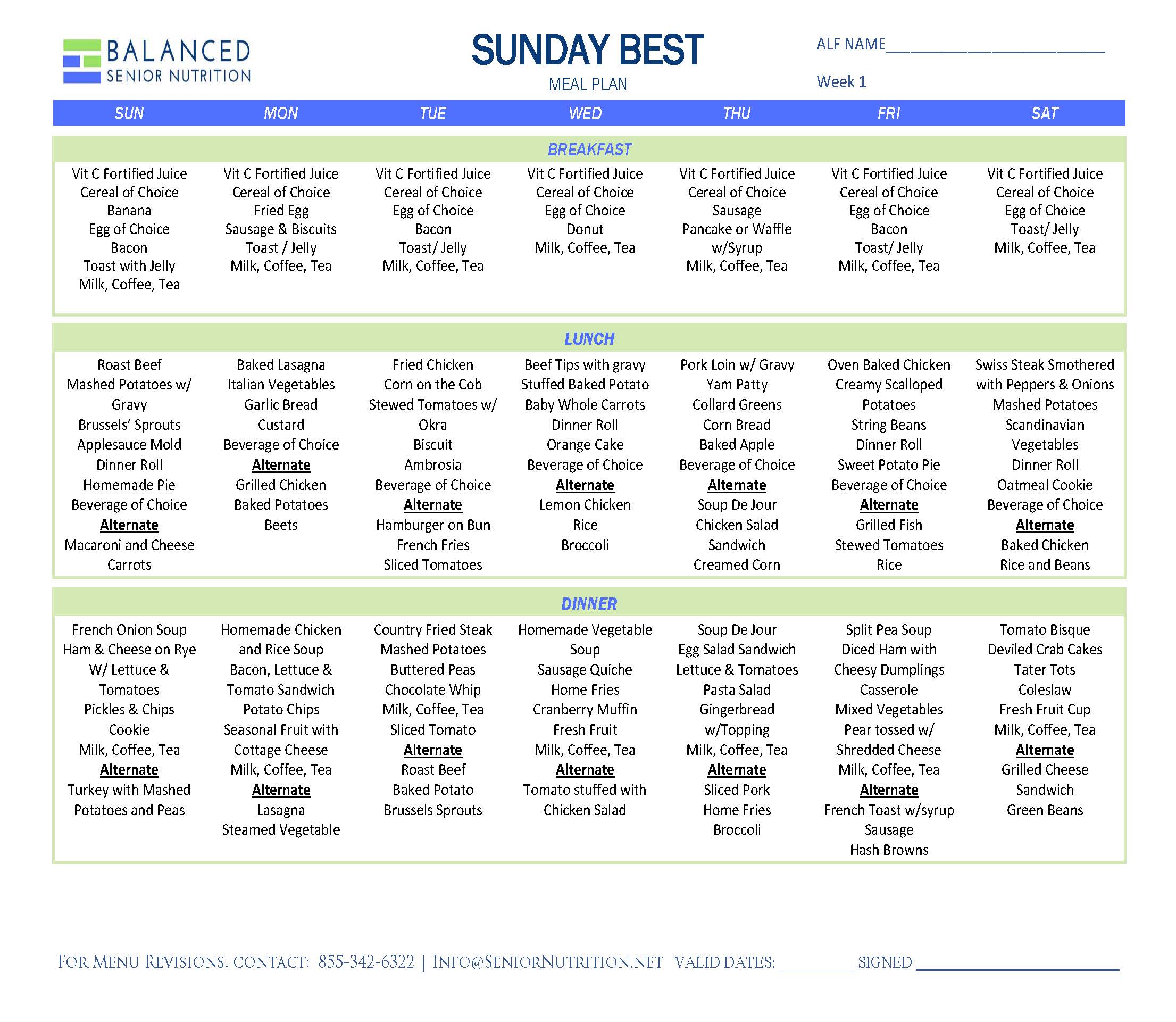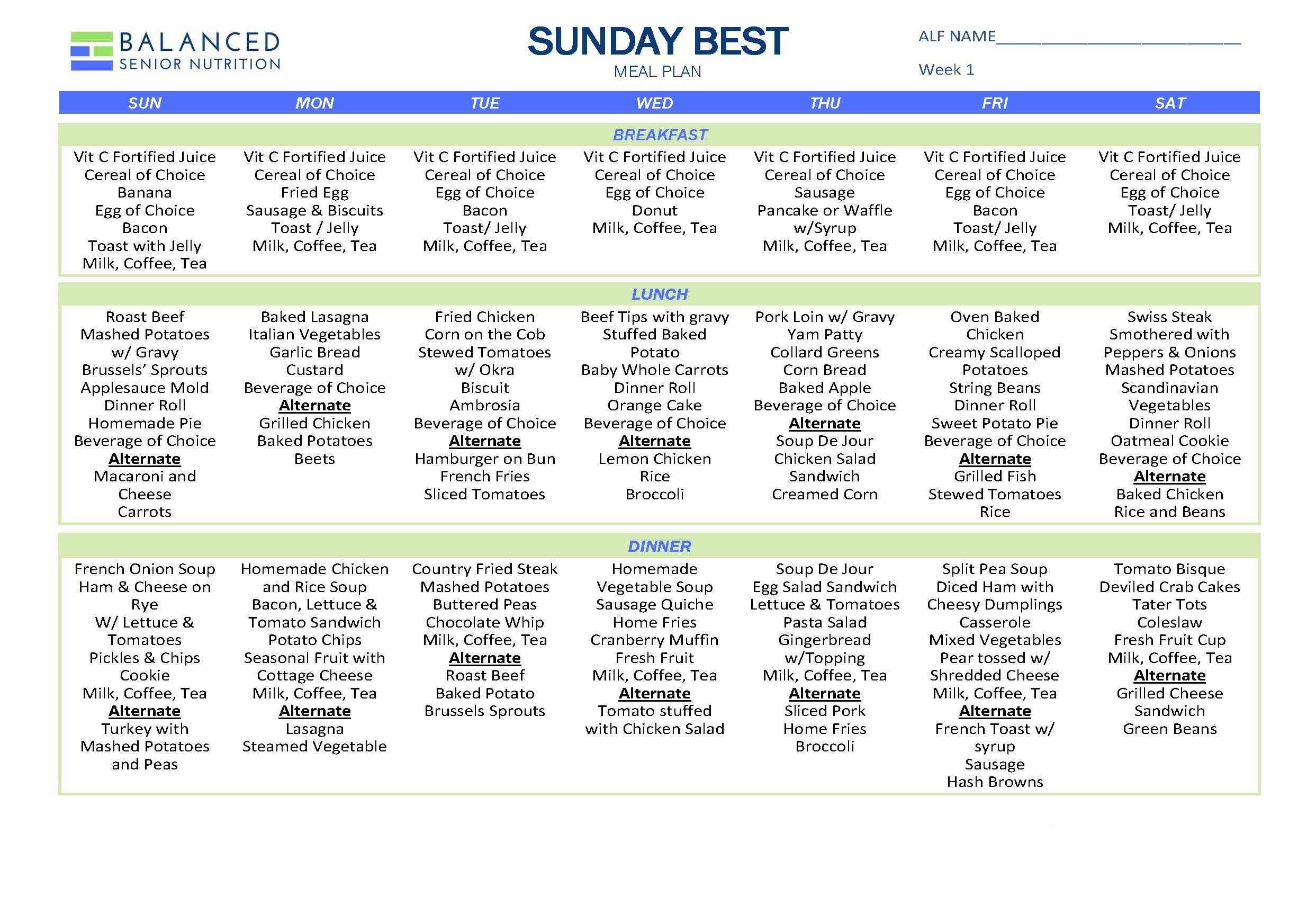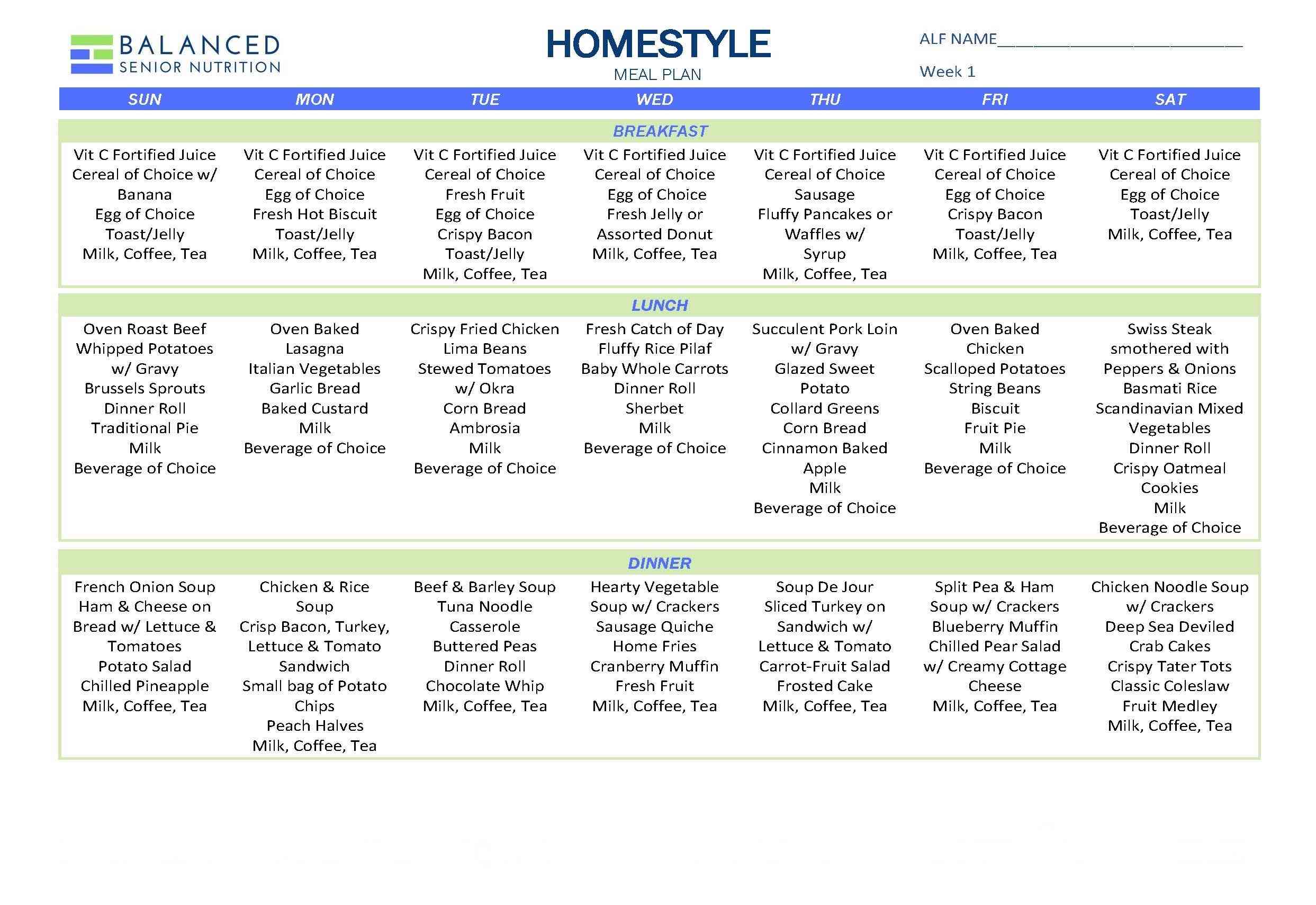
Recently, members of the BSN Solutions staff attended a webinar from the Association of Nutrition & Foodservice Professionals (ANFP) on preparing your food and nutrition staff to respond to issues related the Covid 19 outbreak. Here are a number of questions and quoted answers that you may find helpful in dealing effectively with the situation.
How to keep up staff morale?
“We bring in different treats for the staff.”
“We give them discounts on household items we sell and provide a couple of extra meal allowances.”
“We offer extra benefits such as wellness visits and mental health check-ins.”
“Provide grab and go meals for staff to take home and eat instead of them having to go to the grocery store after a long shift.”
Mental health: “We make sure that staff has a lot of down time.”
“One thing we did to reduce staffing hours is we do a bulk breakfast in the buildings where it’s possible. Every other week our dietary staff are getting another day off.”
“We contracted with hotels and day care centers. Staff can stay at a hotel instead of going home if they’re afraid that they will take the virus home to their family. It has reduced sick call-ins.”
What to do when you don’t have enough staff to help feed people in their rooms?
“You may have to use the dining room with some changes – distancing, sanitation. The important thing is to make sure you write it into your plan that you submit as well as the individual care plans.”
How do you manage to not have to modify your menus when your supplier runs out?
“We heard on news that meat packaging companies were having issues with COVID and realized it was going to affect getting meat. So, we bought as much as we could freeze and even sold some to our staff members, so they didn’t have to go to the grocery store and expose themselves to the virus.”
“Go to your supplier and look at all the things they have available that you can use. Substitute. For example, if your menu calls for using ground beef and there is none available, maybe they have ground beef pizza topping you can purchase. Work with your suppliers and try to stay ahead of changes as much as you can.”
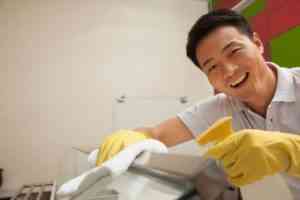
What about disinfecting kitchen and dining room during COVID?
“Step it up a bit and do a lot more often. If former protocol was disinfecting 3x/day, do it 6 or 7 times a day. Using food grade disinfectants in kitchen, of course. And when sanitizing dining room, you use something that isn’t going to ruin your surfaces. Peroxy has a quicker kill time for bacteria/virus. We use it on the hot spots where we need to clean and sanitize at a faster rate.”
With the changes do you find that there is an increase in dietary staffing needs?
“Depends on what meal service practices you are using, whether it’s nurses or dietary who are delivering the trays. When dietary is assembling the trays AND serving, then dietary staff hours are up because it takes a few more minutes to set up the trays. If nursing is delivering the trays, then nursing hours are up.”
COVID residents with the virus and don’t have appetite? What to do to avoid more wasting?
COVID reduces sense of smell and taste. At the same time, residents are struggling to breathe and heal and that increases need for energy, so they’re burning more calories.
“Fortification soups and shakes helps but the key is working closely with the resident to see what they feel like eating AT THE TIME. So, it requires a lot more interfacing with residents.”
“Maybe smaller portions to not turn the resident off.”
“If appetite and taste and smell is affected, then focus on making food look enticing.”
“May have to do supplements during the day but don’t give them the whole thing at one time. Maybe a little bit several times a day.”
“Think outside the box. Change things up. Rely on your staff to come up with some ideas on how to entice residents to eat. They have much more contact with the residents and know if they’re eating. Rely on CNAs and nurses, not just dietary staff.”
“The important thing is to maintain contact with residents. Find out what’s going on with residents’ mental health. Isolation is making them give up so failure to thrive, skin breakdown is an issue.”
“Try doing desserts between meals instead of with the meal.”
In COVID units/isolation areas, do you have to use paper and plastic products for food service?
“There’s no guidance that says you have to use paper products during isolation. You can continue to use china. However, majority of facilities are using paper and plastic in COVID units and the items are being disposed of in the room.
Downsides: “What about cutting a piece of meat with plastic? What about paper holding temperatures? Now they’re going to have to eat lukewarm foods and their appetites are already bad. How appealing is that going to be? At times you have to be able to use adaptive equipment and you will need regular silverware. So make sure those items that are not thrown away are bagged to bring back to the kitchen and then proper cleaning and sanitizing procedures need to be implemented.”
At what point should the changes being implemented during COVID become a policy?
“If changes are going to be prolonged or even permanent, then write into a policy. If it’s just COVID related, then add it to your disaster plan. However, if you are developing dietary procedures related to reduction of transmission of influenza in general, then it should be written into your permanent policies.”
We hope that this information helps you, your staff and your community to keep your residents safe and as healthy as possible during these trying times. We’d love to hear from you about what you’re doing to respond to the changes. Please send us a comment.

